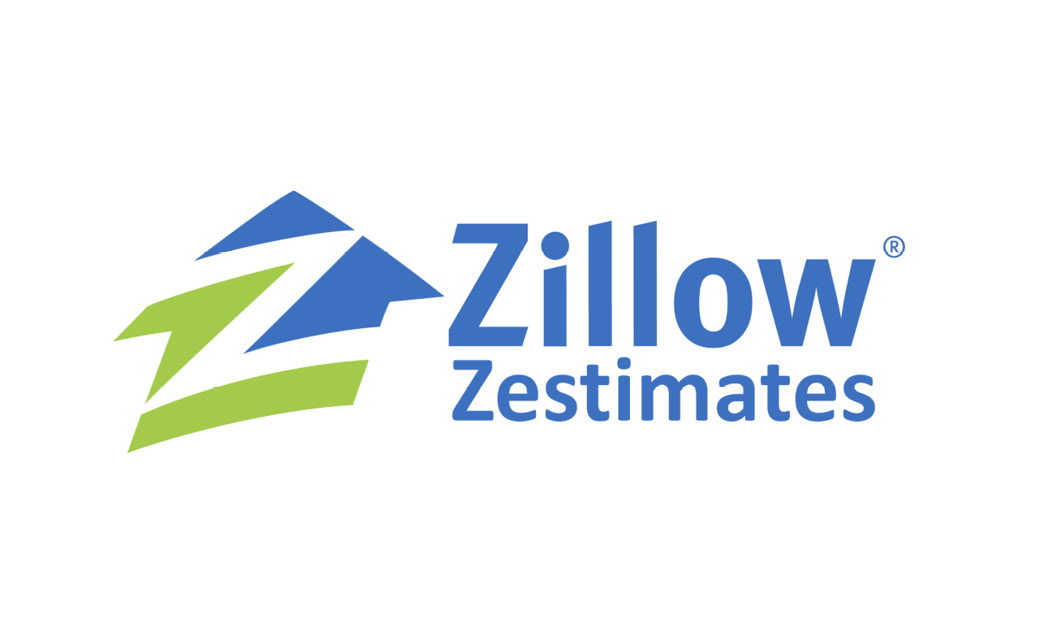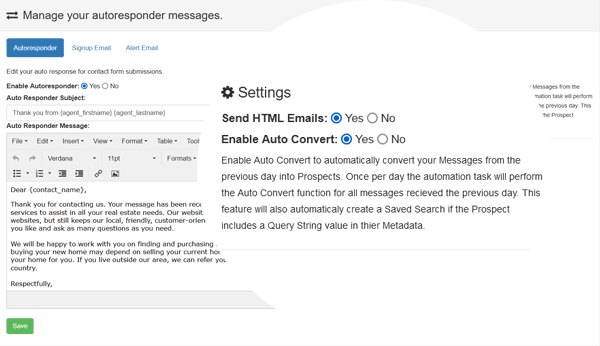
COVID-19 Announcement
April 14, 2020
Step into WordPress 5.7.2
June 3, 2021
Recently the Zillow API Web Service was disabled. There was no prior notification from Zillow regarding the cancelling in their service. The Zillow API has been a reliable source of automated home value estimates. Zillow offers real estate app developers their API as a free service. As stated in their API Terms, Zillow may change, suspend or discontinue the Zillow API and suspend or terminate the use of the Zillow API, Zillow Data, and/or Zillow Brand & Links at any time for any reason, without notice.
This change will affect the home valuation report displayed to visitors after they submit the request form. The error does not prevent the visitor from submitting the web form, and the seller landing page is still able to function for lead generation. On the report page, the following message will now appear to visitors, “Sorry, no estimate can be found for this property”.
We have secured a new data provider and have been working on the new Seller landing page. In addition to adding automated valuations, we also have access to property tax data. Tax data is not a simple thing. It originates from municipalities and varies widely across the country. The municipalities may not make the data easy to access and may set their own terms of use for the data.
A property sale is recorded by the municipality, but this data does not include key factors for valuation like square footage, year built, and acreage.
For example, you can have a recorded sale for a parcel of land. After the land is purchased, the owner builds a house. Now the improvement may be recorded, but the improvement details will be missing. There are many additional scenarios where the tax data is not enough. When a property is accessed by the municipality, the assessed value is not the market value.
The best method would be to aggregate the tax data with the MLS data. It’s really crucial to have access to the sold listing data.
The traditional method of determining the valuation of a property is to use a comparable market analysis.
- First, you have a subject property with features and characteristics. Now locate the three best comparable properties and record their details and sold prices.
- Make adjustments to the sold prices for differences between them and the subject property.
- The market value of the subject property is calculated from adjusted sold comparable prices.
Developing an accurate algorithm for home valuations should start with a process similar to the comparable market analysis. To begin with, perform a radius search of sold properties based on the subject properties geo-location. Analyze the list of properties for relevance of key factors like property type, square footage, and subdivision. The rule of thumb is CBS (Comparable Better Subtract) and CIA (Comparable Inferior Add). Meaning, using the recent sold prices of comparable properties you will adjust the subject property price up when your comparable has an inferior feature or characteristic and inversely adjust the subject property price down when your comparable has a better feature or characteristic.
Finally, the valuation is a moving target. The sold listing data is constantly changing therefore valuations will need to be continually revised and adjusted.



